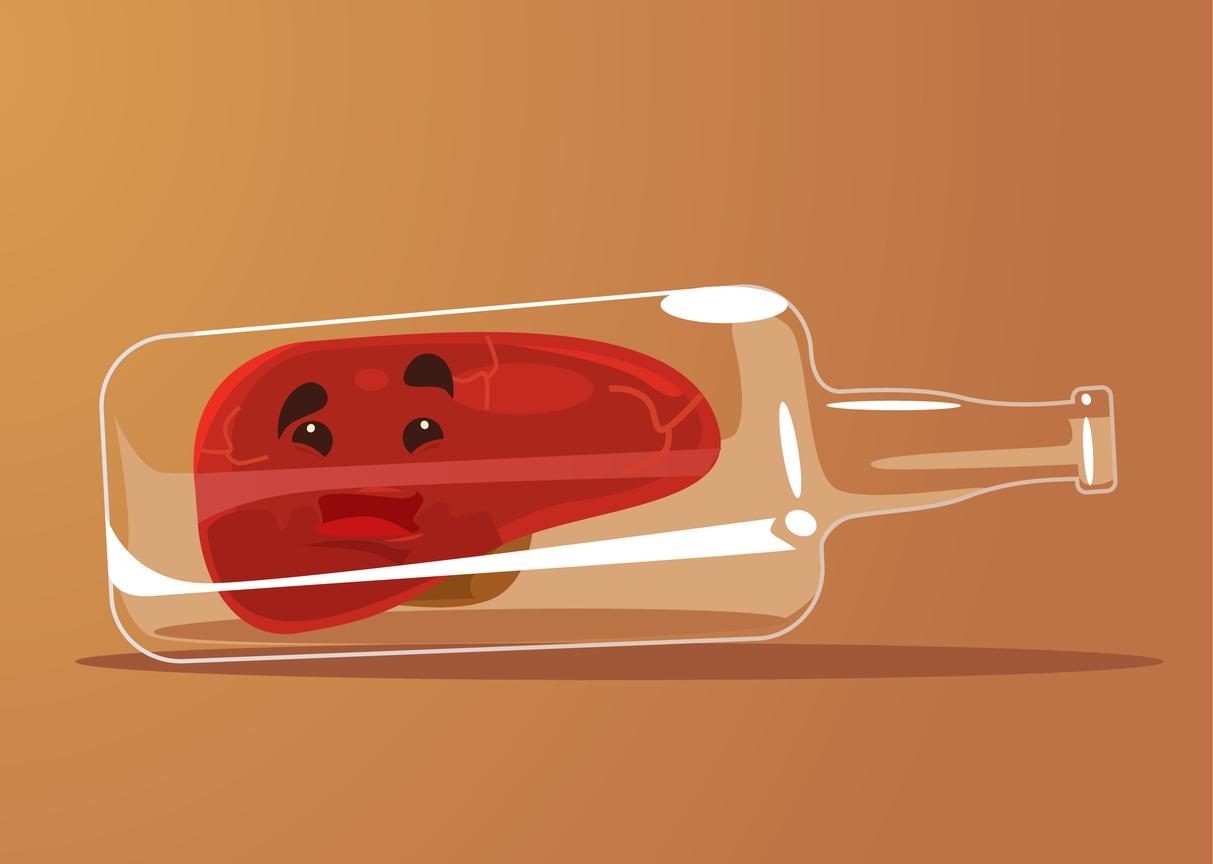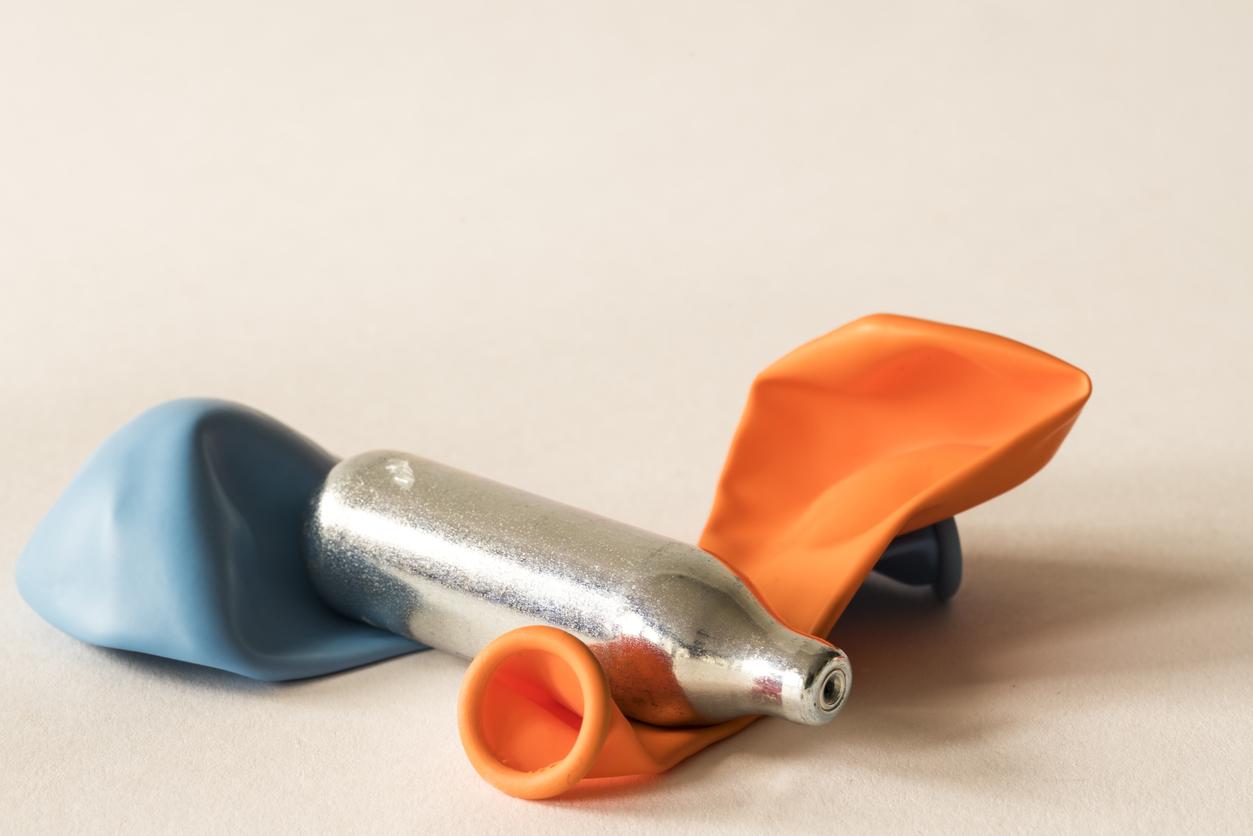Innovative treatments against liver cancer multiply. After the genetic modification of a virus which targets cancer cells, researchers are currently evaluating the effectiveness of nanopills in a large clinical study conducted in around 40 European and American hospitals.
For this study, researchers are evaluating the effect of encapsulated doxurubicin on chemotherapy-resistant liver cancers. The molecule is enclosed inside nano-capsules (they are 70 times smaller than red blood cells) so that it passes smoothly through the bloodstream and reaches its target without the usual side effects and without being dissolved before have reached its destination.
“Thus, we limit the toxic effects, and in particular those of anti-cancer drugs which are very important. Suddenly, it is possible to administer larger doses of drugs” explained to AFP Professor Patrick Couvreur, the one of the inventors of these nanomedicines.
Very aggressive cancer
Liver cancer most often occurs during the course of a chronic liver disease such as hepatitis B, hepatitis C or cirrhosis. It is one of the most aggressive cancers, but it can remain silent for a long time and progress without causing symptoms. Treatment with doxurubicin nanoparticles would improve patients’ survival at 18 months and double their chances of survival.


















